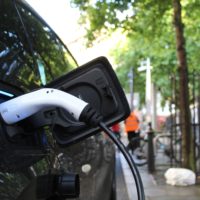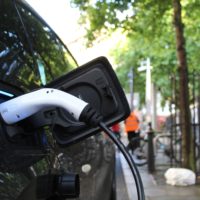Climate change is now, more than ever, widely recognised as the greatest challenge facing our generation.
County councils and unitary councils are a key part of some of the answers to the climate emergency in this country through their responsibility for infrastructure, economic growth, stewardship of the rural environment, roles in waste and recycling, and providing green spaces, county parks, and public places. They also have a role in encouraging people to change how their live for the better and to preserve the environment. But without a clearly defined role from government, much of their efforts are self-made.
Councils are showing local leadership in declaring climate emergencies and all of them have set out tough and ambitious decarbonisation targets. But recent CCN research has shown that county areas’ emissions have declined much slower than the major cities since 2005, and slower than any other part of England.
CCN’s report on climate change provided the first ever look at climate issues facing county authorities. It concluded that the government has been too city-focused in its decarbonisation efforts, and must provide funding for county councils and unitary authorities that addresses the size of the challenge they face. More broadly, it finds that the government risks undermining its 2050 net-zero target unless it commits more than the £11.6bn set aside for the whole country.
The government’s ten-point plan for climate change contains ambitious proposals such as phasing out petrol and diesel vehicles by 2035 and installing 100,000 publicly available charge points for electric vehicles. CCN members have stepped up and dramatically increased chargers, levying private sector investment – but public sector investment has typically been concentrated on urban areas. Following CCN advocacy, there has been an increased focus on providing infrastructure for electric vehicle charging points in county areas, but the ratio of chargers in counties still lags behind urban areas despite good work over the last few years.
Investing in sustainable infrastructure is also important to ensure that communities are properly protected when there are extreme weather events, which look set to get more likely as a result of climate change.








